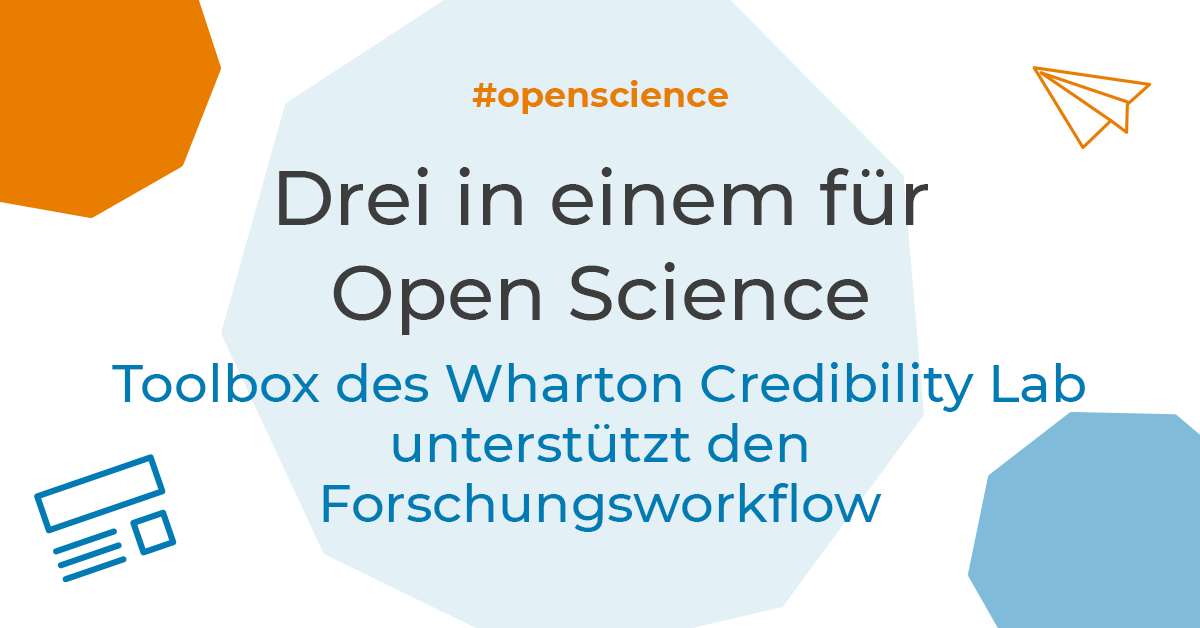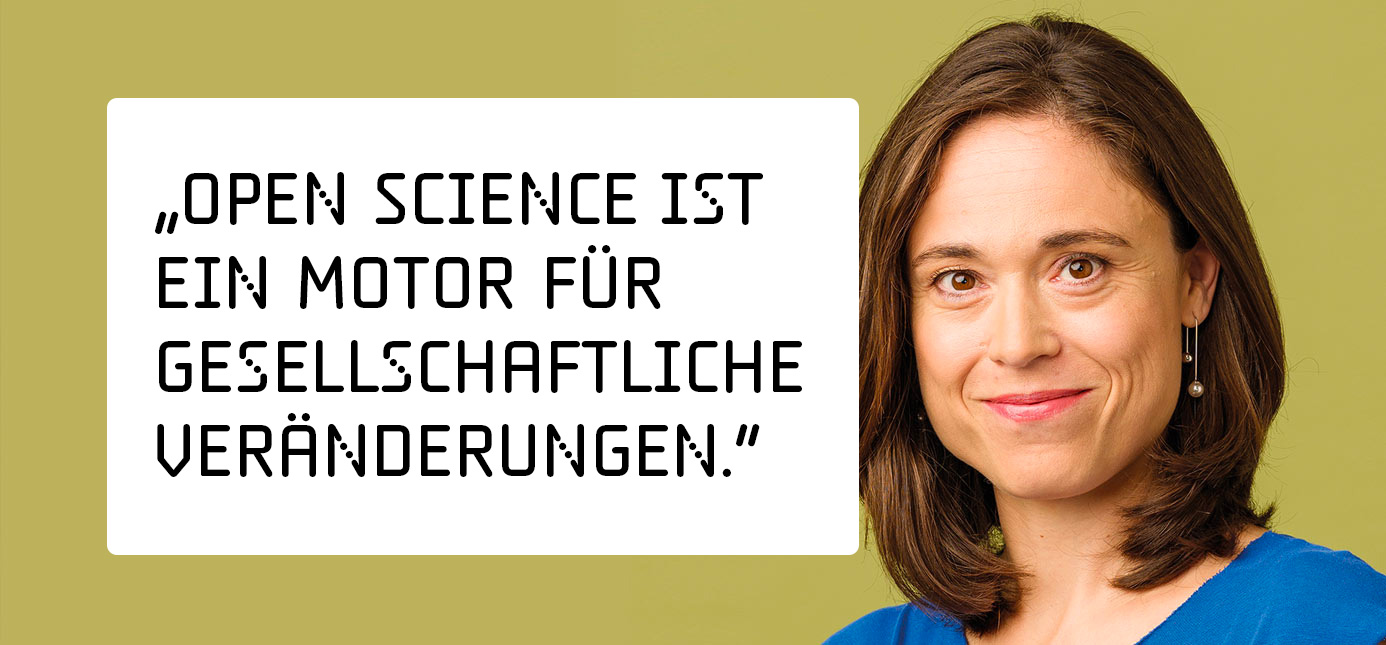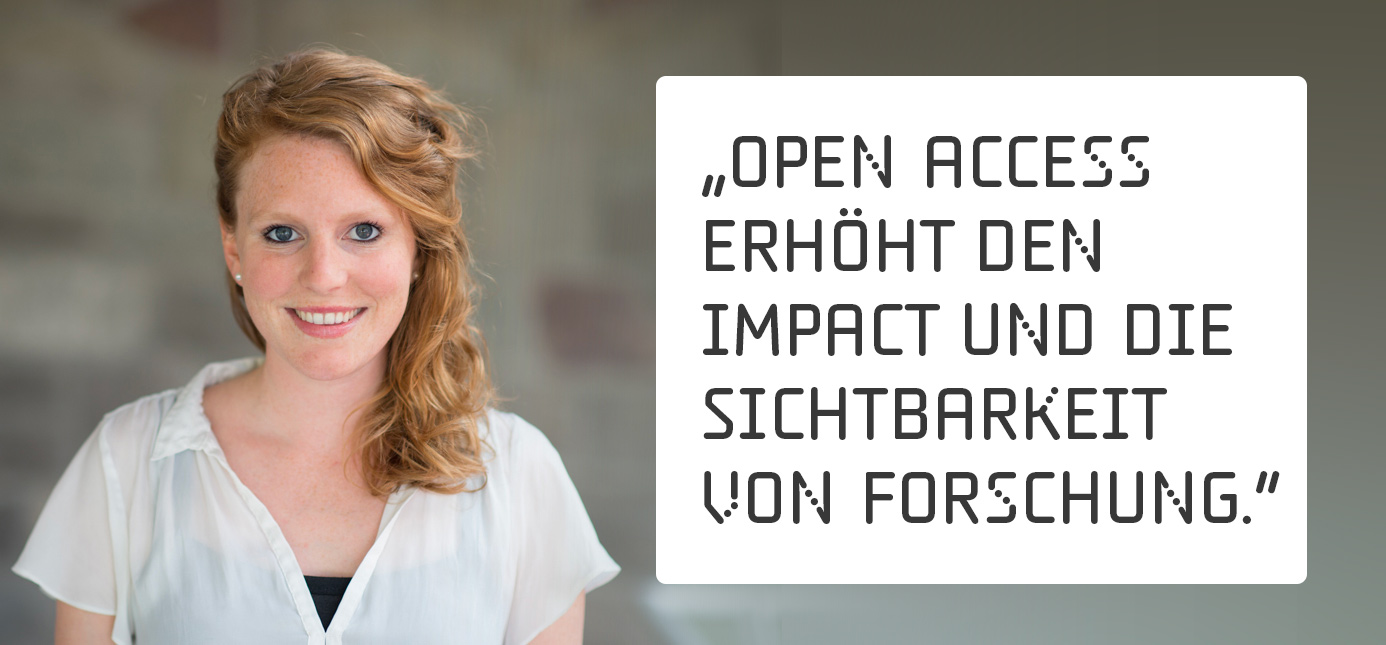Steigern Sie den Erfolg Ihrer Forschung in den Wirtschaftswissenschaften
Der Open Economics Guide der ZBW zeigt Ihnen, wie Sie mit Methoden und Tools von Open Science – wie Open Access und Open Data – Ihre Forschung effizienter und sichtbarer machen.

Einführung in Open Access
Forschung sichtbar machen.

Einführung in Open Data
Forschung überprüfbar machen.

Einführung in Open Code
Forschung transparent machen.

Einführung in OER
Lehre verfügbar machen.
Neues aus dem Blog
Mit aktuellen Tipps und Tutorials rund um Open Science immer auf dem Laufenden bleiben.
Open-Science-Events 2026: 10 Tipps für Workshops, Online-Kurse und Konferenzen
Auch 2026 bietet mit diversen Veranstaltungen wieder ausreichend Gelegenheit, sich online...
Drei in einem für Open Science: Toolbox des Wharton Credibility Lab unterstützt den Forschungsworkflow
Open Science unwiderstehlich einfach zu machen, ist die Mission des Wharton...
Open Science in der Praxis
Forscher:innen berichten aus ihrem Alltag.
Open-Science-Veranstaltungen
Konferenzen, Seminare, Webinare, Online-Panels und mehr!
OA and prestige: Where do we stand today?
Join our panel of experts, representing publishers, institutions, and researchers, as they discuss the intersection of prestige and accessibility in today’s landscape.Here’s what they’ll discuss:What initiatives by publishers and institutions have impacted the perception of OA? How can publishers convey journal quality, and how can researchers evaluate it? What does good publishing look like, regardless of publishing route?
European Rights Retention Community of Practice
At this 8th meeting, we are pleased to welcome speakers from two countries, Finland and Germany, who will share their national progress. Finland will present its ongoing implementation of a rights retention strategy across universities, while Germany will discuss its current landscape and emerging directions and preview activities on rights retention commencing in 2026 as part of a national open access project. Beyond the presentations, this meeting offers a space for community members to actively participate by sharing experiences, discussing challenges, and exploring practical solutions together in open discussion.
Kontakt
Sie haben Fragen zu Open Science oder Anregungen für unseren Guide?
Wir freuen uns über Ihre Nachricht!
















